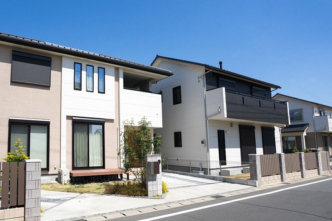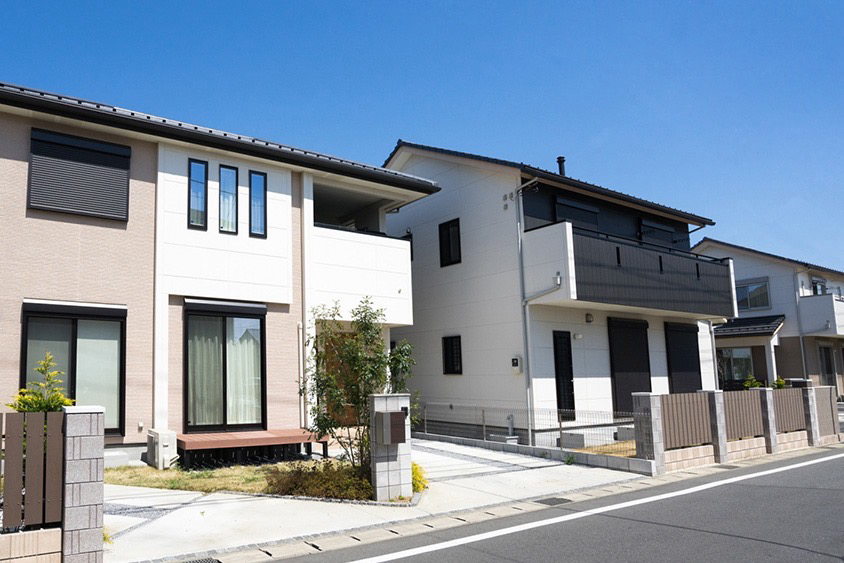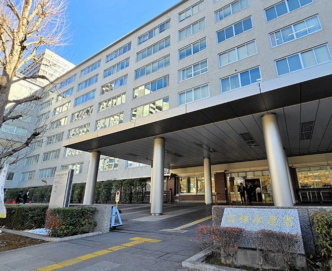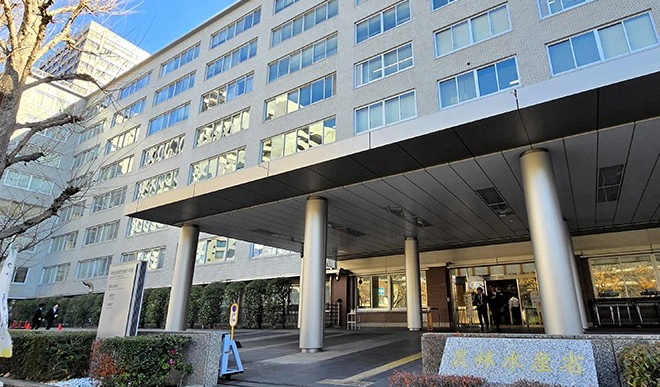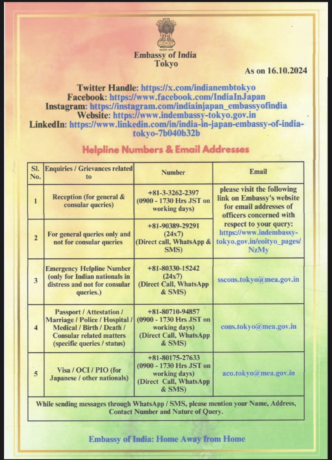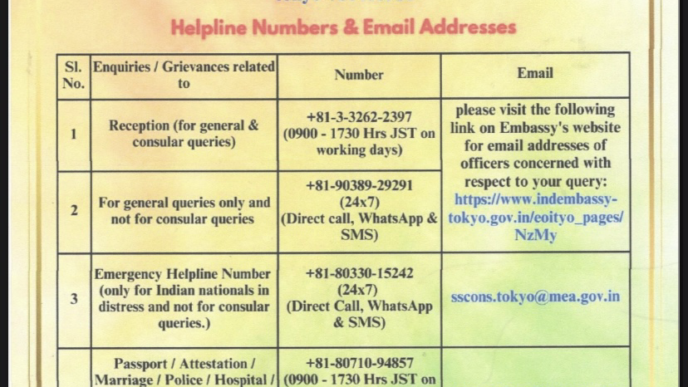By- Connect India Japan, based on the writing of Matheswaran Narayanasamy
A Complete Guide to Selling Your Property in Japan
Selling your home can be a complex process, especially in Japan, where real estate transactions involve tax regulations, market assessments, and legal contracts. Whether you are looking for the best real estate agents in Japan, understanding capital gains tax on property sales, or choosing between a real estate buyout (買取) vs. property sale (仲介), this guide covers all the essential steps.
1. Finding the Right Price for Your Home
How to Determine the Market Value of Your Property
The first step in selling your home is setting the right price. Here are two ways to determine the market value of your property in Japan:
A. Research Market Prices Online
• Use real estate websites like SUUMO, ATHOME, and HOMES to check property listings in your area.
• Visit the Japan Ministry of Land, Infrastructure, Transport and Tourism (MLIT) website (link) to find actual transaction prices and property benchmarks.
• For apartments (マンション), use platforms like Ieshil and How-Ma to track property values.
B. Get a Professional Property Assessment (査定)
• Hire a real estate agent for a free in-person assessment (訪問査定).
• Use online platforms like Home4U (link) to compare assessments from multiple agents at once.
• For legal valuation, consider hiring a licensed real estate appraiser (鑑定評価)—though this can cost up to ¥500,000.
2. Choosing How to Sell Your Property
Sell Through an Agent vs. Real Estate Buyout (買取)
• Selling through an agent (仲介): The agent helps you find a buyer. This process takes 3–6 months, but you can get a higher selling price.
• Real estate buyout (買取): The real estate company buys your home directly. This is faster (1–2 months) but usually results in a lower sale price.
Using a Real Estate Agent: Types of Contracts
When selling through an agent, you must sign a sale contract. Here are the two main types:
| Contract Type | Multiple Agents Allowed? | Contract Duration | Sales Report Requirement |
| General Contract (一般媒介契約) | Yes | No fixed duration | Not mandatory |
| Exclusive Contract (専任媒介契約 / 専属専任媒介契約) | No (Only 1 agent) | 3 months | Mandatory (weekly or biweekly) |
• General contracts allow you to work with multiple agents but require more effort.
• Exclusive contracts simplify the process but limit your choices.
How to Choose the Best Real Estate Agent in Japan
• Big real estate agencies (like Sumitomo Realty) have a wide network but may not prioritize your property.
• Smaller local agencies often work harder to sell your property faster.
• Ask the agent: How long does it typically take to sell a home in Japan?
• Compare multiple agents before signing a contract.
3. Understanding Taxes on Property Sales in Japan
Capital Gains Tax on Real Estate Sales in Japan
Capital gains tax is based on the difference between the selling price and the original purchase price (including all transaction costs).
| Holding Period | Tax Rate |
| Less than 5 years. | 39.63% |
| More than 5 years. | 20.315% |
| More than 10 years | 14.21% (for capital gains up to ¥60M) |
3 Ways to Reduce Your Capital Gains Tax
1. ¥30 Million Deduction (3,000万円特別控除)
• If selling your primary residence, you can deduct ¥30 million from taxable capital gains.
2. Lower Tax Rate for Long-Term Ownership
• If you sell after 10 years, the tax rate drops to 14.21% (for gains up to ¥60M).
3. Tax Deferral for Buying a New Home
• If you reinvest in a new home, you can defer your capital gains tax until you sell the new property.
4. Declaring Your Taxes (確定申告 – Kakutei Shinkoku)
Do You Need to Declare Your Real Estate Sale?
• If you made a capital gain, you must declare it between February 16 and March 15 of the following year.
• If using tax-saving options, check with your local tax office or file online via e-Tax.
5. Important Considerations Before Selling
1. Legal Responsibilities for Property Defects
• If the buyer finds hidden defects (瑕疵担保責任) after the sale, you may be responsible for repairs or compensation.
2. Selling Costs Beyond Agent Fees
• Selling a home involves stamp duty (up to ¥60,000), registration fees, and possible advertising costs.
3. What If Your Sale Price Is Lower Than Your Purchase Price?
• If you sell at a loss, you may qualify for a tax offset (損益通算) to reduce future tax burdens.
Final Thoughts: Selling a Home in Japan Takes Time and Planning
Selling a home in Japan involves market research, choosing a sales method, understanding tax laws, and handling legal contracts. To get the best price and avoid costly mistakes, take time to:
✅ Compare property prices using real estate websites and assessments.
✅ Choose a selling method (real estate agent vs. direct buyout).
✅ Sign the right type of contract (general vs. exclusive).
✅ Understand capital gains tax and deductions to reduce costs.
✅ Consult a real estate or tax professional for accurate guidance.

